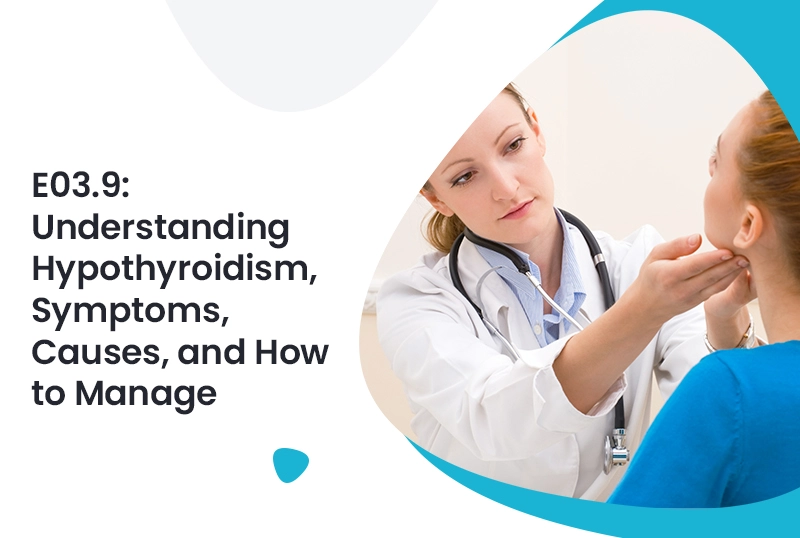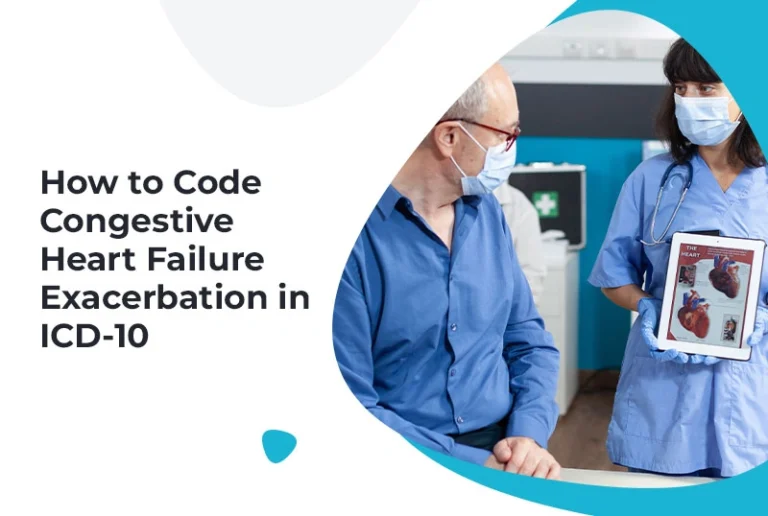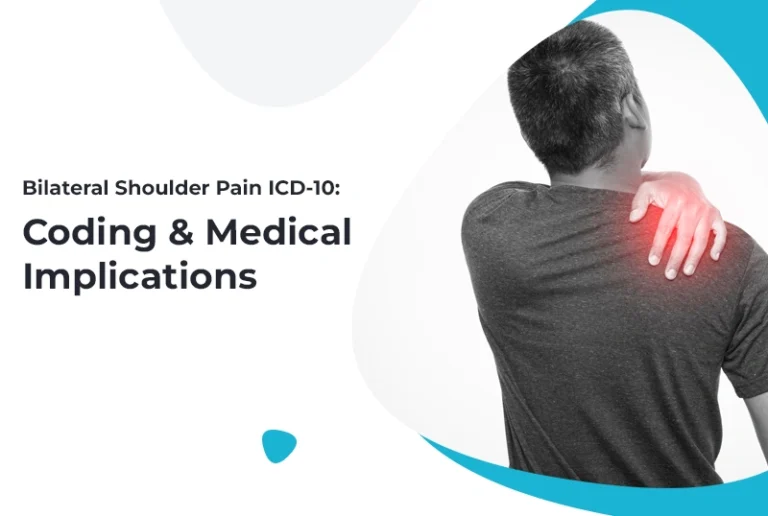Hypothyroidism, represented by E03.9 in the ICD-10 coding system, is a condition where the thyroid gland does not produce enough thyroid hormones, leading to a slower metabolism. Proper diagnosis, treatment, and management of hypothyroidism are essential for improving the quality of life of those affected. In medical billing, accurately coding E03.9 ensures that the condition is properly documented, leading to appropriate reimbursement and compliance. For healthcare providers, partnering with a reputable medical billing company can streamline the billing process for hypothyroidism treatments, helping to maintain financial stability.
What is Hypothyroidism (E03.9)?
Hypothyroidism, also known as an underactive thyroid, is a condition where the thyroid gland does not produce enough thyroid hormones. This condition affects metabolism, energy levels, and various bodily functions. The ICD-10 code E03.9 refers to unspecified hypothyroidism, which means that there is no additional detail about the underlying cause.
Symptoms of Hypothyroidism:
- Fatigue or feeling sluggish
- Weight gain
- Cold intolerance
- Dry skin and hair
- Constipation
- Muscle weakness
- Depression and mood changes
Causes of Hypothyroidism:
- Autoimmune Disorders (Hashimoto’s Thyroiditis): The most common cause, when the body attacks the thyroid gland.
- Iodine Deficiency: A lack of iodine in the diet can impair thyroid function.
- Thyroid Surgery: Removing part or all of the thyroid can lead to hypothyroidism.
- Medications: Certain medications, like lithium, can affect thyroid function.
- Pituitary Gland Problems: A malfunctioning pituitary gland can lead to decreased thyroid hormone production.
Hypothyroidism Treatment Providers
Proper diagnosis and treatment of hypothyroidism are crucial for managing symptoms and improving patient outcomes. To ensure that healthcare providers are qualified to treat patients with E03.9, professional credential services are vital.
The Importance of Credentialing:
- Ensures Competence: Credentialing verifies that healthcare providers have the appropriate training, qualifications, and experience to diagnose and treat hypothyroidism.
- Increases Patient Trust: Patients are more likely to trust a healthcare provider who is properly credentialed, leading to better care adherence.
- Reduces Risk of Malpractice: Proper credentialing helps protect your practice by ensuring that treatments and diagnoses are delivered by qualified professionals.
With credentialing services, healthcare providers can assure their patients that they are receiving the best care while maintaining compliance with healthcare standards and regulations.
Managing Hypothyroidism
When it comes to billing for treatments related to E03.9, a well-structured revenue cycle management healthcare system can improve the efficiency of your practice and enhance financial outcomes.
Key Components:
- Accurate Documentation and Coding: Ensure that E03.9 is coded correctly, along with any related treatment codes. Clear and detailed documentation can help prevent billing issues and claim denials.
- Timely Claims Submission: By ensuring that claims are submitted promptly, you improve the chances of getting reimbursed quickly and avoid payment delays.
- Denial Management: RCM teams track denials and take necessary steps to appeal and resubmit claims, ensuring that your practice is paid for the services provided.
- Compliance Monitoring: Revenue cycle management ensures that your practice complies with the latest coding rules and payer requirements, reducing the risk of audits and fines.
By optimizing the revenue cycle, healthcare providers can ensure accurate billing for hypothyroidism treatments, ultimately supporting better patient care and financial success.
Conclusion
Accurately diagnosing and managing E03.9 (hypothyroidism) is essential for improving patient outcomes. By utilizing professional credential services, healthcare providers can ensure proper documentation, coding, and compliance. Implementing robust billing practices ensures that your practice remains financially healthy while delivering quality care for patients with hypothyroidism. Mastering these aspects allows you to focus on what matters most, providing high-quality, patient-centered care.
FAQs
1. What is the ICD-10 code E03.9?
E03.9 represents unspecified hypothyroidism, a condition where the thyroid gland does not produce enough thyroid hormones.
2. What are the common symptoms of hypothyroidism?
Fatigue, weight gain, dry skin, constipation, and depression are common symptoms of hypothyroidism.
3. How does professional credentialing help with hypothyroidism treatment?
Credentialing ensures that healthcare providers are properly qualified to treat hypothyroidism, improving care quality and patient trust.
4. How does revenue cycle management impact hypothyroidism billing?
RCM optimizes the billing process by ensuring accurate coding, timely claim submissions, and proper handling of denials, leading to faster reimbursements.
5. How can accurate documentation help with E03.9 billing?
Proper documentation helps justify the diagnosis and treatment, ensuring compliance and reducing the chances of claim denials.






